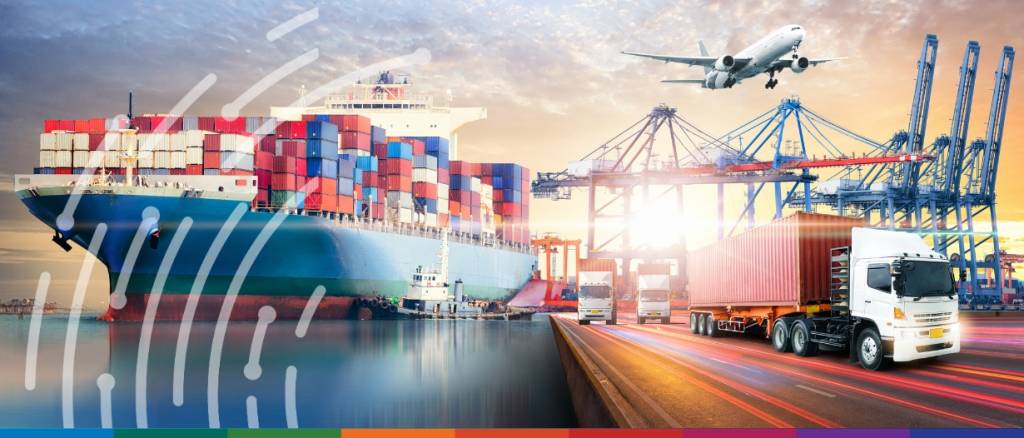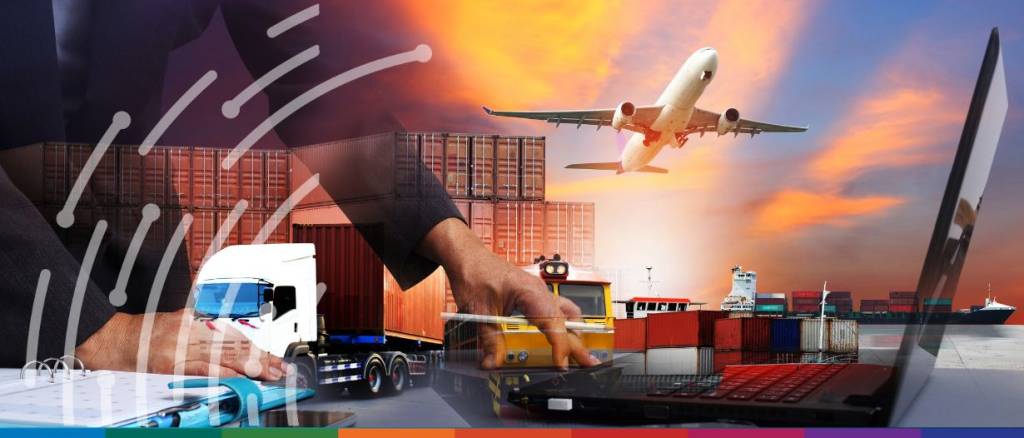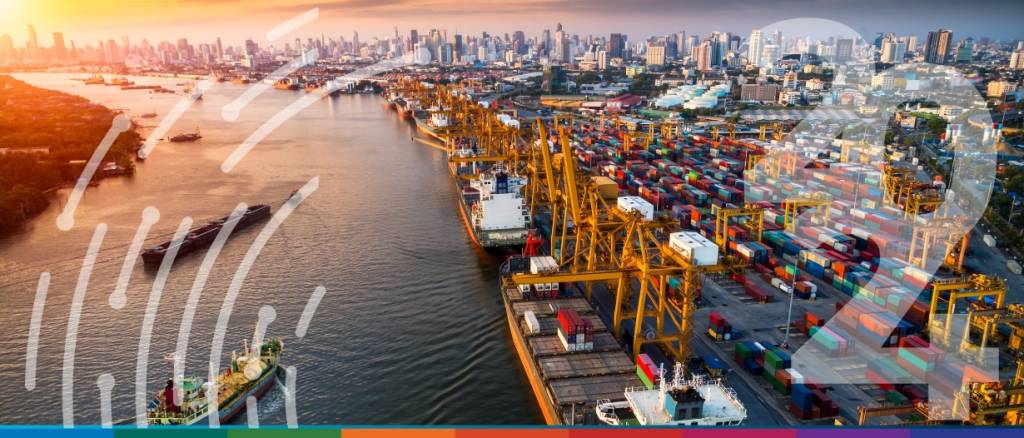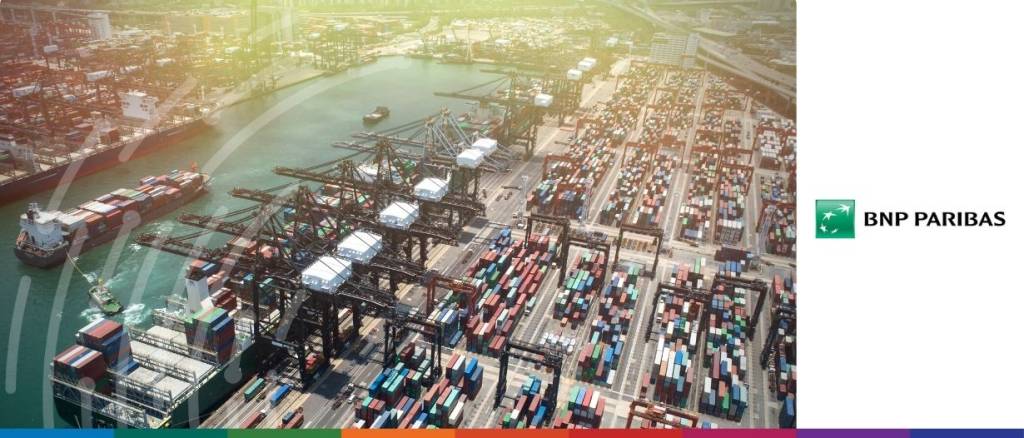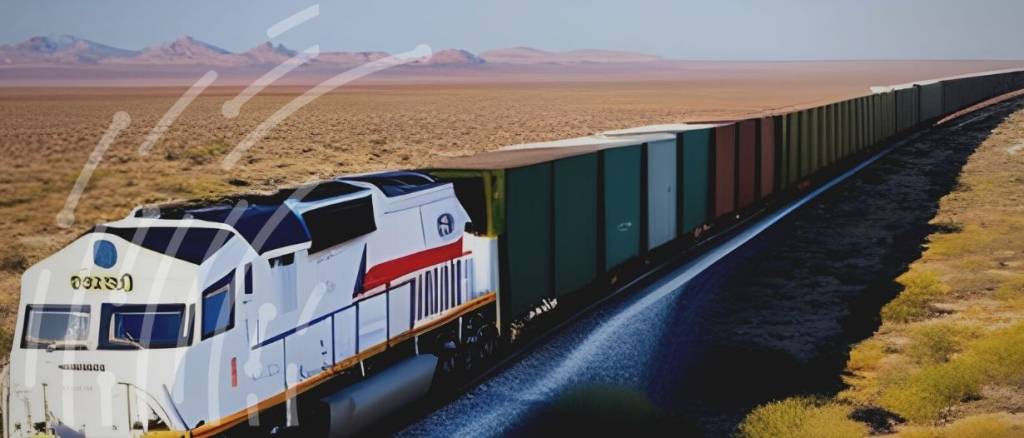HM Revenue and Customs has released its Customs Importer and Exporter Population official statistics for 2023, showing a decrease in the importer and exporter population compared to 2022.
Learn how Canada’s cultural diversity can drive supplier diversity and support economic growth. Embrace inclusivity and create a more equitable economy.
Customs compliance obligations have to be met when importing and exporting goods to ensure that the documentation related to the accompanying goods is generated in adherence with the legislation of the importing and exporting countries.
Discover how Just-in-Time Delivery can benefit your business & suppliers. Get insights into its core mechanics & implementation strategies.
To start off the year 2024, we wanted to set out the top seven trade trends we’ll be watching through the coming year.
Trade finance providers have a critical role to play in the low-carbon transition. Through their lending decisions, they hold massive influence in some of the most carbon-intensive companies and supply chains, and they can use this leverage to push for much-needed progress on climate.
Vinay Mendonca, Chief Growth Officer, Global Trade and Receivables Finance at HSBC, sat down with Deepesh Patel at Sibos Toronto to discuss these shifts and how they are influencing trade finance.
High-interest rates and elevated inflation are pressing suppliers to reduce their cash-conversion cycles
Bank of America is embarking on a multi-year initiative to digitise trade finance through its new platform, CashPro Supply Chain Solutions. Aimed at optimising working capital and streamlining processes, the… read more →
The United States, Saudi Arabia, India, and additional countries are in discussions about a potential infrastructure agreement that could reshape trade relations between the Gulf and South Asia. The proposal… read more →















